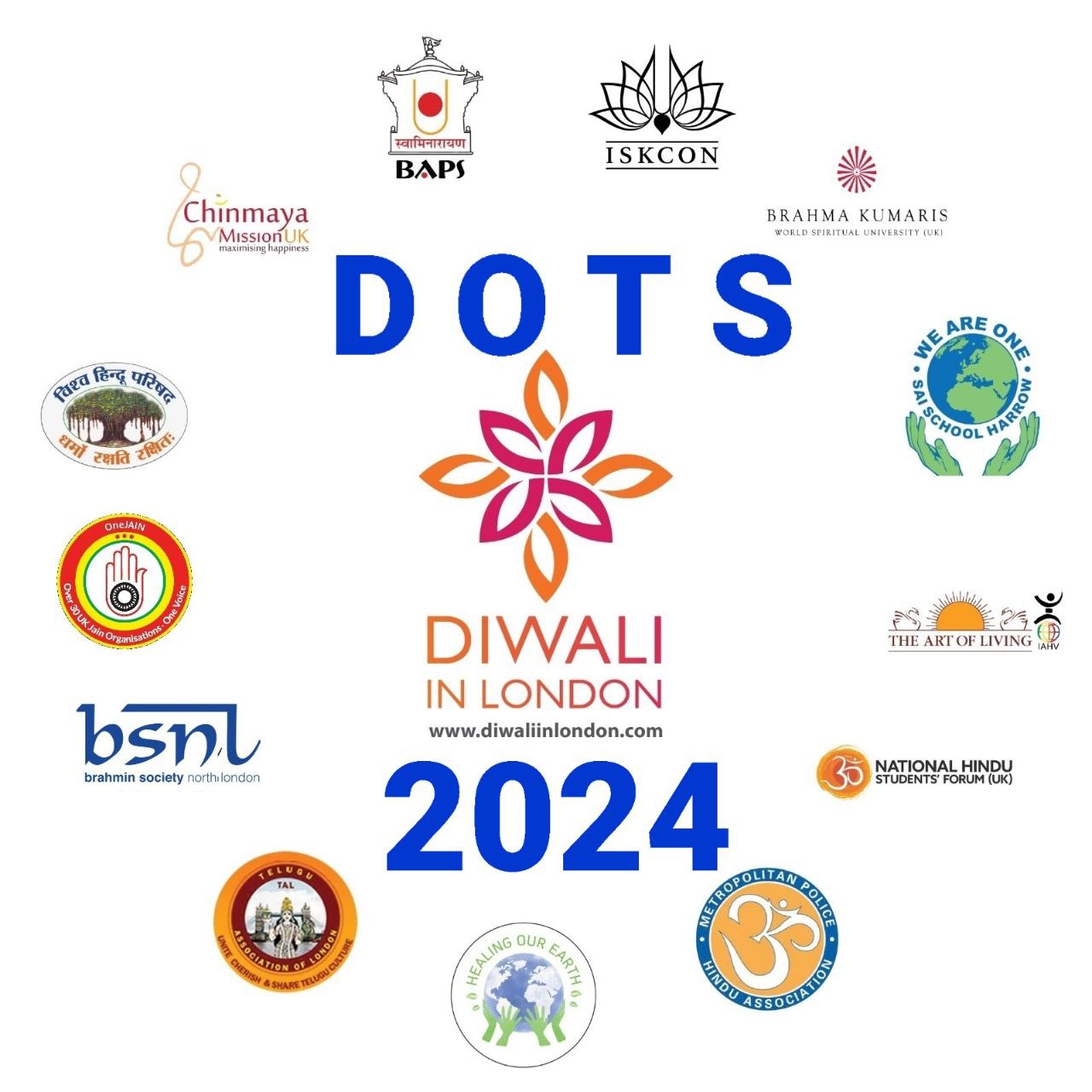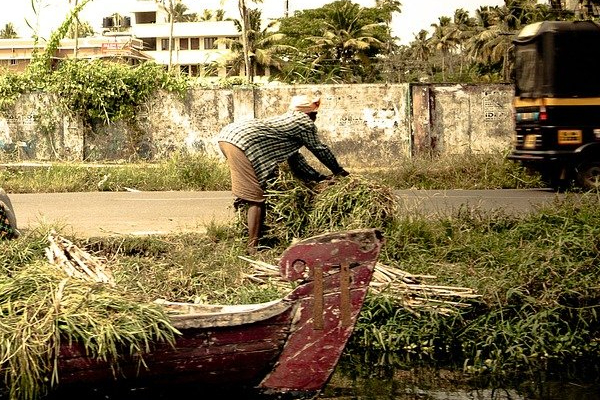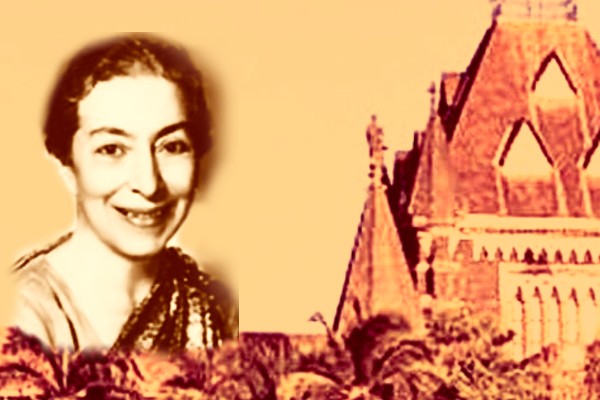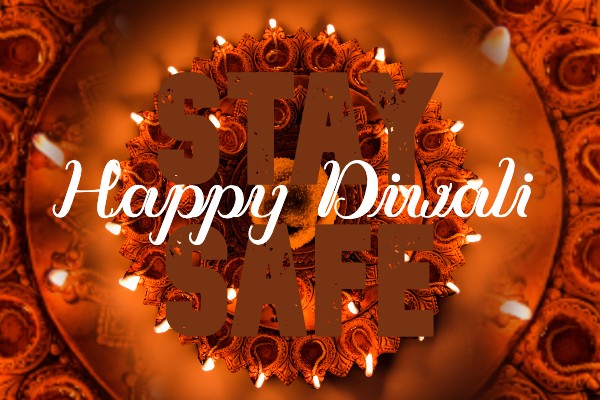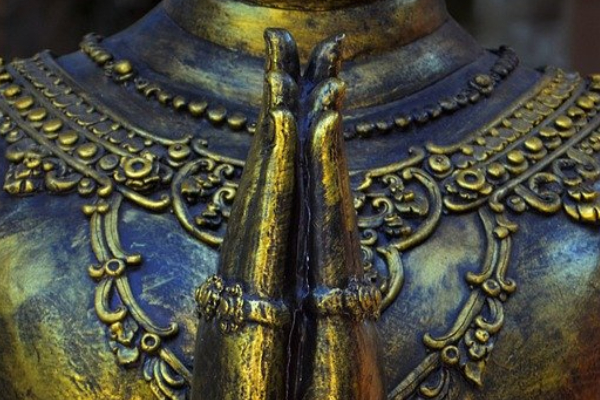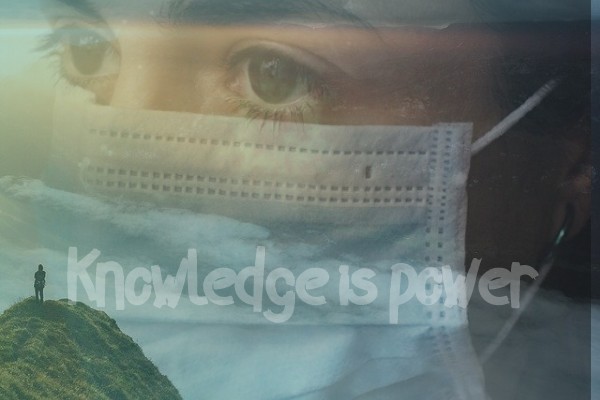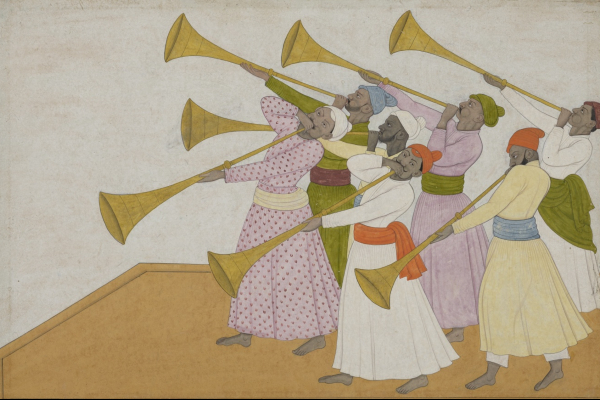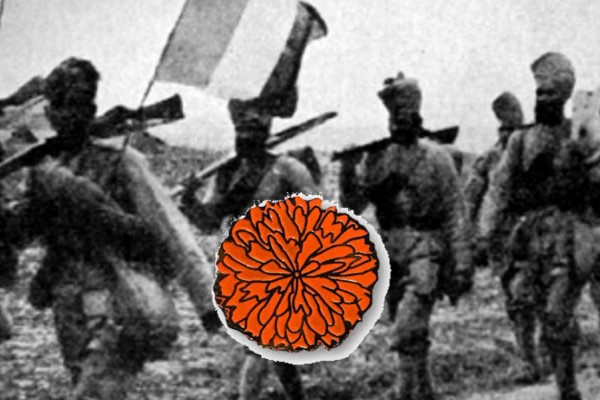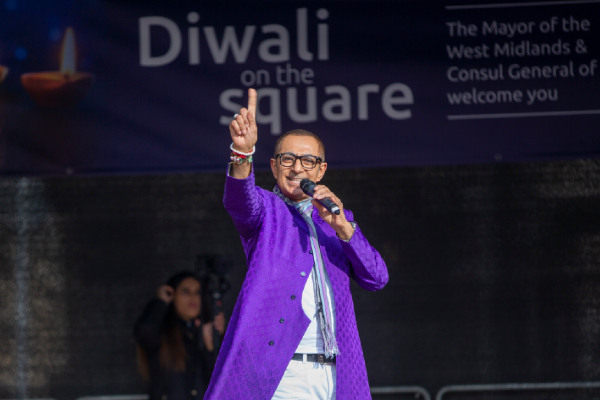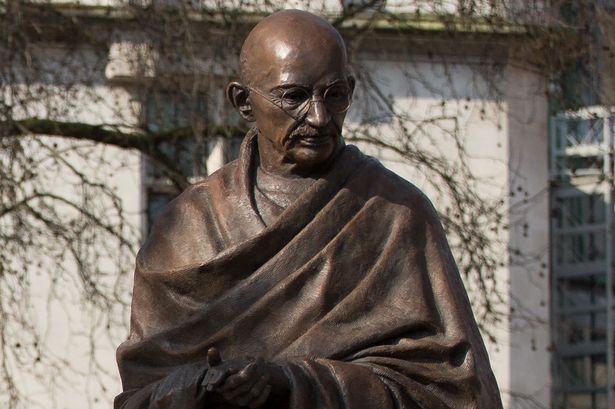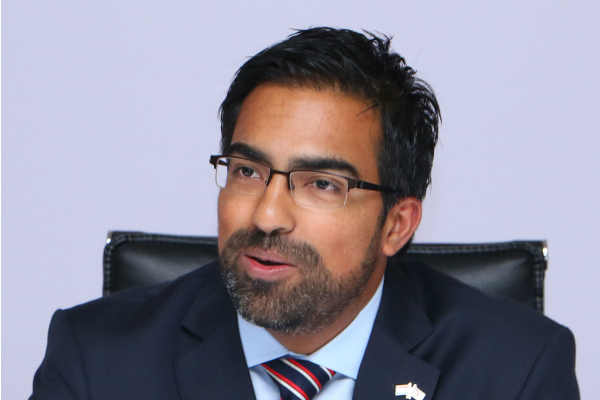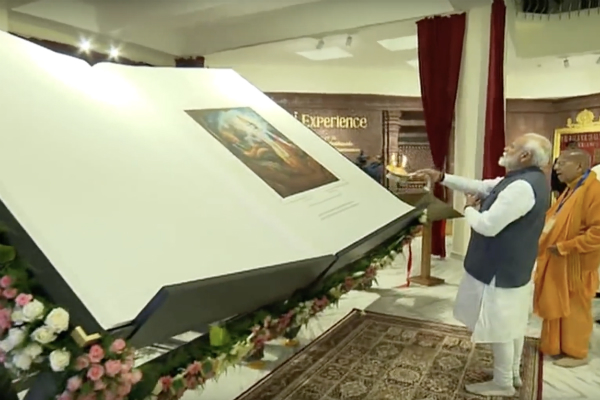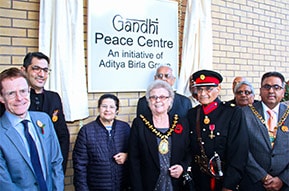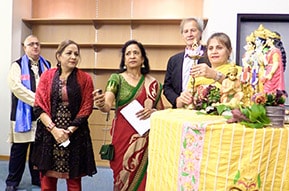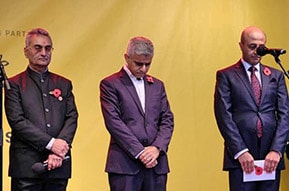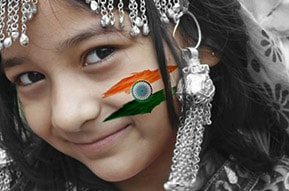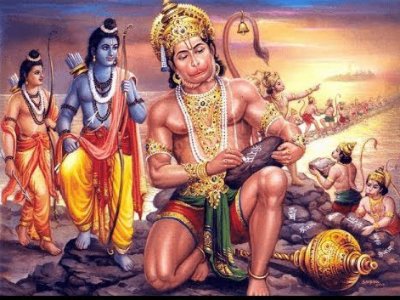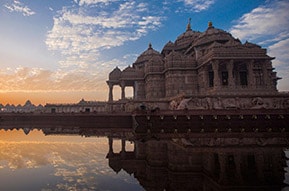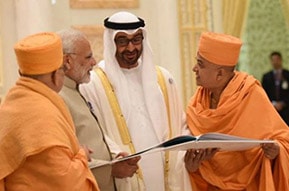The Relevance of Raksha Bandhan in Today's World
Raksha Bandhan, a traditional Hindu festival celebrated to honour the bond between brothers and sisters, has been cherished for centuries. But in today's rapidly changing world, where societal norms, values, and relationships undergo continual evolution, the relevance of such traditional festivals often comes into question. Is Raksha Bandhan still significant in the contemporary landscape? Let's delve into this age-old tradition to understand its relevance in the modern context.
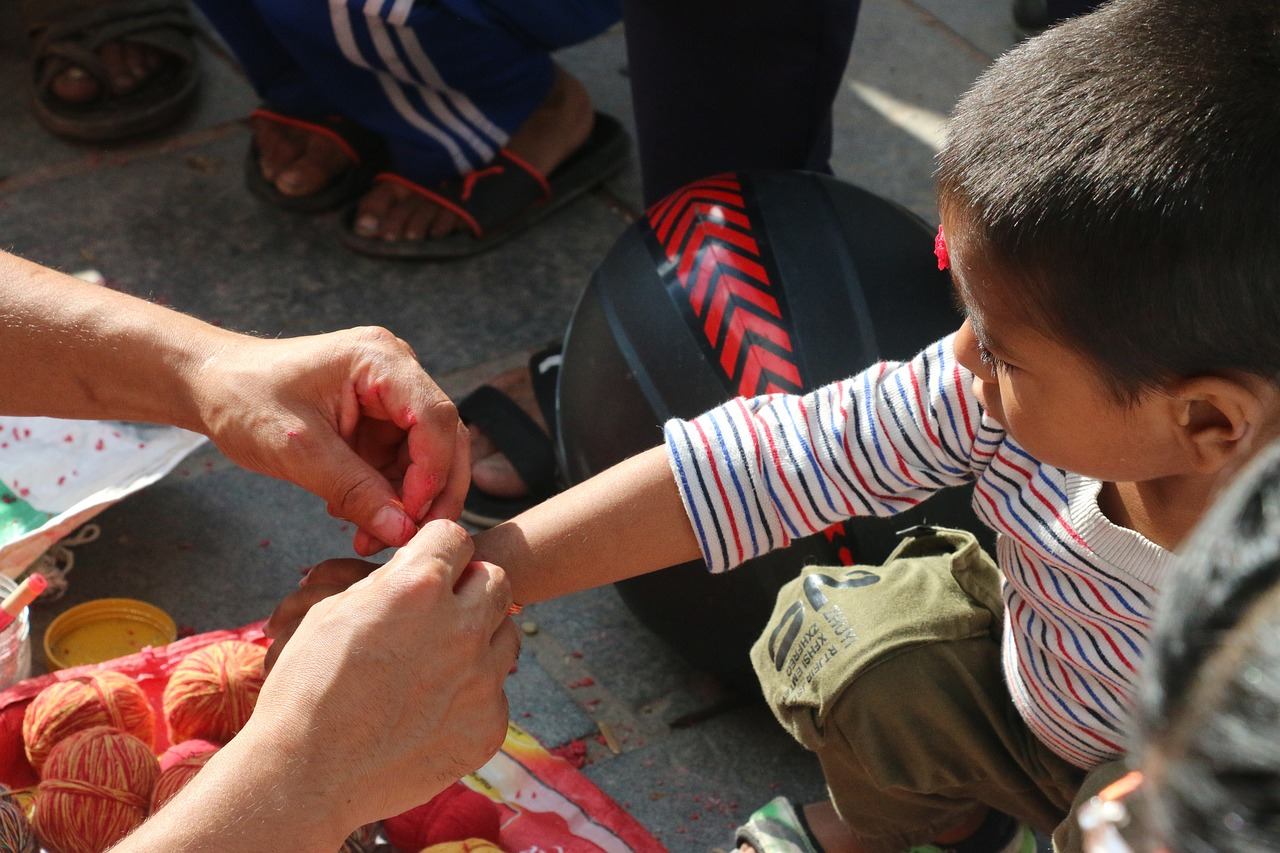
At its core, Raksha Bandhan symbolises the special bond between siblings, particularly between brothers and sisters. The ritual involves the sister tying a sacred thread, known as the "Rakhi," around her brother's wrist, signifying her love and prayers for his well-being. In return, the brother pledges to protect and support his sister throughout her life. This act of mutual love, care, and protection forms the essence of Raksha Bandhan.
In today's world, where relationships are often characterised by distance, hectic lifestyles, and changing dynamics, the significance of Raksha Bandhan may seem to diminish. However, beneath the surface, this festival holds timeless values that resonate deeply with people across generations.
One of the foremost aspects that render Raksha Bandhan relevant today is its emphasis on family bonds and the importance of nurturing relationships. In an era marked by technological advancements and social media, where virtual connections often overshadow real-life interactions, festivals like Raksha Bandhan serve as reminders to cherish and strengthen familial ties. It provides an opportunity for siblings to come together, reminisce about shared memories, and reaffirm their love and support for each other, fostering a sense of belonging and unity within the family unit.
Moreover, Raksha Bandhan transcends religious and cultural boundaries, embodying universal values of love, protection, and solidarity. In a diverse and interconnected world, where people from various backgrounds coexist, festivals like Raksha Bandhan serve as cultural bridges, fostering understanding and mutual respect among different communities. It promotes the spirit of inclusivity and celebrates the diversity of human relationships, thereby enriching the fabric of society.
Furthermore, Raksha Bandhan holds immense significance in promoting gender equality and empowerment. While traditionally observed as a celebration of the bond between brothers and sisters, the essence of Raksha Bandhan extends beyond gender stereotypes. In today's progressive society, where gender roles are constantly evolving, this festival serves as a platform to recognize and appreciate the contributions of sisters towards their brothers' well-being and success. It acknowledges the role of women as equal partners in the journey of life, emphasising mutual respect and support irrespective of gender.
In addition to its social and cultural significance, Raksha Bandhan also embodies spiritual values that remain pertinent in today's fast-paced world. The act of tying the sacred thread symbolises the bond of protection and signifies the sister's prayers for her brother's prosperity and happiness. In an era marked by uncertainty and challenges, such gestures of love and goodwill hold immense significance, providing solace and reassurance amid life's complexities.
Furthermore, Raksha Bandhan encourages introspection and renewal of bonds not only within the family but also in society at large. It inspires individuals to reflect on their relationships, mend broken ties, and foster a culture of compassion and forgiveness. In a world plagued by conflicts and divisions, festivals like Raksha Bandhan serve as catalysts for building bridges and promoting harmony among people of diverse backgrounds.
However, it is essential to acknowledge that the relevance of Raksha Bandhan may vary for different individuals based on their personal beliefs, experiences, and cultural upbringing. While some may cherish it as a cherished tradition, others may view it merely as a cultural ritual devoid of deeper meaning. Nonetheless, the essence of Raksha Bandhan lies in its ability to evoke sentiments of love, gratitude, and kinship, which transcend the boundaries of time and space.
In conclusion, while the world around us continues to evolve, the essence of Raksha Bandhan remains as relevant today as it was in ancient times. Its celebration of familial bonds, promotion of gender equality, and embodiment of universal values make it a timeless tradition that resonates with people across generations. In a world characterized by constant change and uncertainty, festivals like Raksha Bandhan serve as anchors, reminding us of the enduring power of love, unity, and solidarity in shaping our lives and society as a whole.

